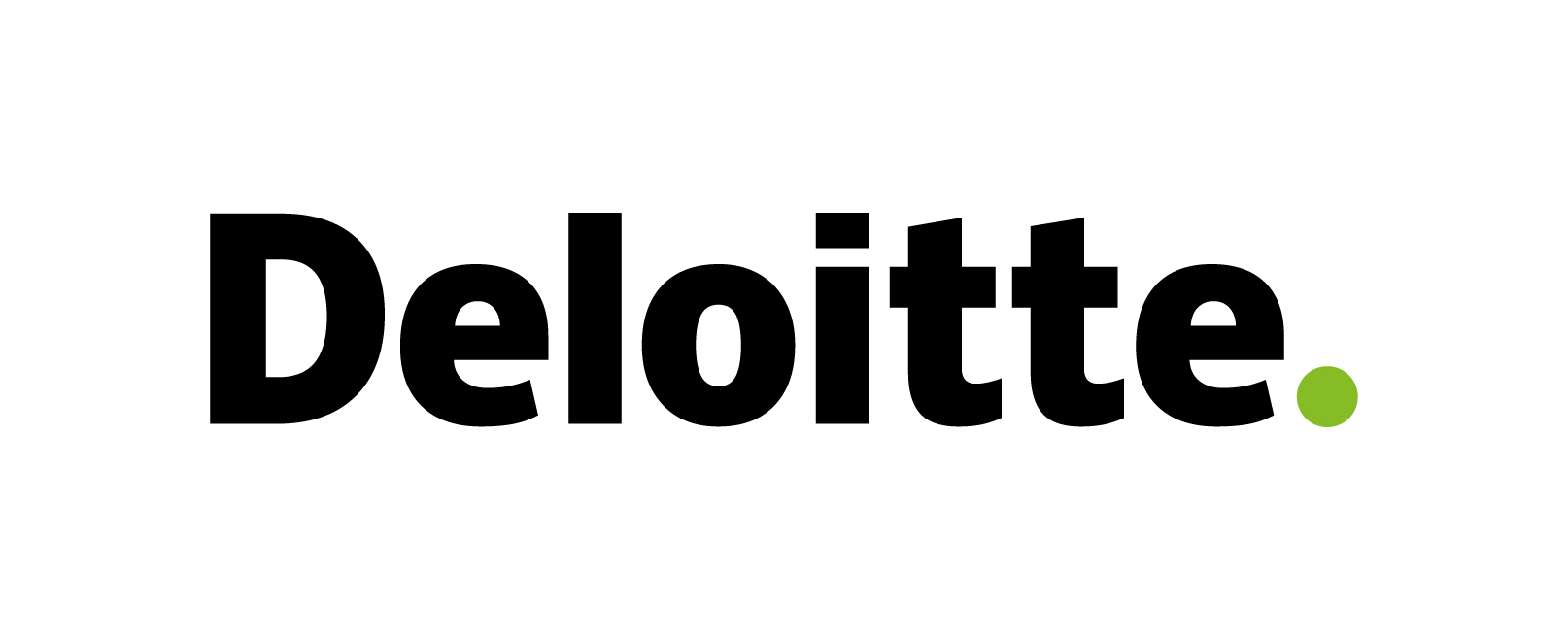Deloitte Consulting LLP Launches Social Impact Practice During UN General Assembly Week
NEW YORK, Sept. 29, 2015 /3BL Media/ — As leaders gather for the 70th General Assembly of the United Nations and the official announcement of the Sustainable Development Goals (SDGs), Deloitte Consulting LLP (“Deloitte”) today announced the launch of its new social impact practice.
Deloitte’s social impact practice works alongside clients in the private, public and social sectors to address pressing global problems that have both societal and bottom-line business impact, such as water scarcity, education inequality, food security, job creation and global health. The practice seeks to help clients become catalysts for positive societal change.
To coincide with the launch of the new practice, Deloitte joined the UN Foundation to convene leaders in discussing how companies can achieve some of the new SDGs by the target date of 2030. During the session, Deloitte shared bright spots and learnings from the field on how organizations are advancing their agendas to both tackle larger societal progress, while also strengthening their individual capabilities, market position and overall business.
Social Impact Imperative
Improving social outcomes has become integral to how organizations can differentiate themselves and keep pace with the rising expectations that they positively impact society. It is a trend driven largely by millennials and enabled by social media tools that have taken accountability and transparency to new heights.
Prioritizing social impact enables organizations to develop new inclusive markets, attract top talent, enhance brand value and build resilient, sustainable supply chains.
“Organizations of all kinds – businesses, multilateral organizations and foundations – often operate in an extremely global way. This presents a major opportunity to work collaboratively towards global solutions,” said Jerry O’Dwyer, principal, Deloitte Consulting LLP, and leader of the new practice.
“Deloitte’s ability to mobilize ecosystems to help solve challenging societal problems can provide a real competitive advantage for clients,” O’Dwyer continued. This capability was made stronger by Deloitte’s acquisition of Monitor Institute in 2013, which has 15 years of experience bringing together innovative social entrepreneurs, nonprofits and funders to advance progress on a range of social issues.
“We’ve seen first-hand Deloitte’s ability to draw on the capabilities of a diverse array of contributors to tackle ambitious social challenges,” said Marisa Renee Lee, managing director at My Brother’s Keeper Alliance. “Deloitte’s experience helping companies, nonprofits, and government work together has been invaluable to our goal of addressing education opportunity gaps and strengthening America’s workforce.”
Corporate Purpose Archetypes
Deloitte’s social impact practice recently conducted a study of how Fortune 500 public companies “do” social impact, “Driving Corporate Growth Through Social Impact.” The analysis evaluates 60 different measures of social impact across a company’s (1) business strategy; (2) governance, structure, and processes; (3) social impact motivations; and (4) public perception – to understand how companies prioritize social and environmental considerations with shareholder value.
Four distinct corporate social impact models or “archetypes” emerged as a result of this research. While 9 in 10 respondents to the study currently engage in some form of social impact activity, only 3 percent of these companies qualify as “social innovators” that deliver socially impactful solutions as an integral part of their business offering. The majority of the Fortune 500 companies are considered “corporate contributors” (53 percent) that practice corporate social responsibility but often through siloed initiatives and are largely risk focused. Thirty-three percent are “impact integrators” that view social impact through the lens of new growth opportunities. Over the next five years, Deloitte’s social impact practice expects to see a pervasive shift among companies to integrate social impact into the core business, propelled by engaged stakeholders increasingly expressing their high expectations for business’ role in society through social networks and the media.
“Each archetype carries a different set of risks and opportunities – and archetypes vary significantly by industry,” said John Mennel, director, Deloitte Consulting LLP, and a co-author of the research. “Our research points out that different models are predominant in certain sectors, and individual companies either choose to align with the dominant sector archetype or differentiate by deviating from it.”
By understanding where they sit relative to their peers, leaders can be in a better position to make confident strategic choices, and foster an archetype that creates and protects value for the organization. Deloitte’s new Social Impact practice tailors advice and solutions to an organization’s specific priorities.
About Deloitte
Deloitte helps organizations grow their businesses and enhance value by identifying actionable insights. More than 23,000 professionals provide a broad range of capabilities across human capital, strategy and operations, innovation, and technology that are aligned to the particular needs of specific sectors, businesses and organizations. Deloitte provides clients with leading business insights that can help generate a tangible and measurable impact.
As used in this document, "Deloitte" means Deloitte Consulting LLP, a subsidiary of Deloitte LLP. Please see http://www.deloitte.com/us/about for a detailed description of the legal structure of Deloitte LLP and its subsidiaries. Certain services may not be available to attest clients under the rules and regulations of public accounting.

